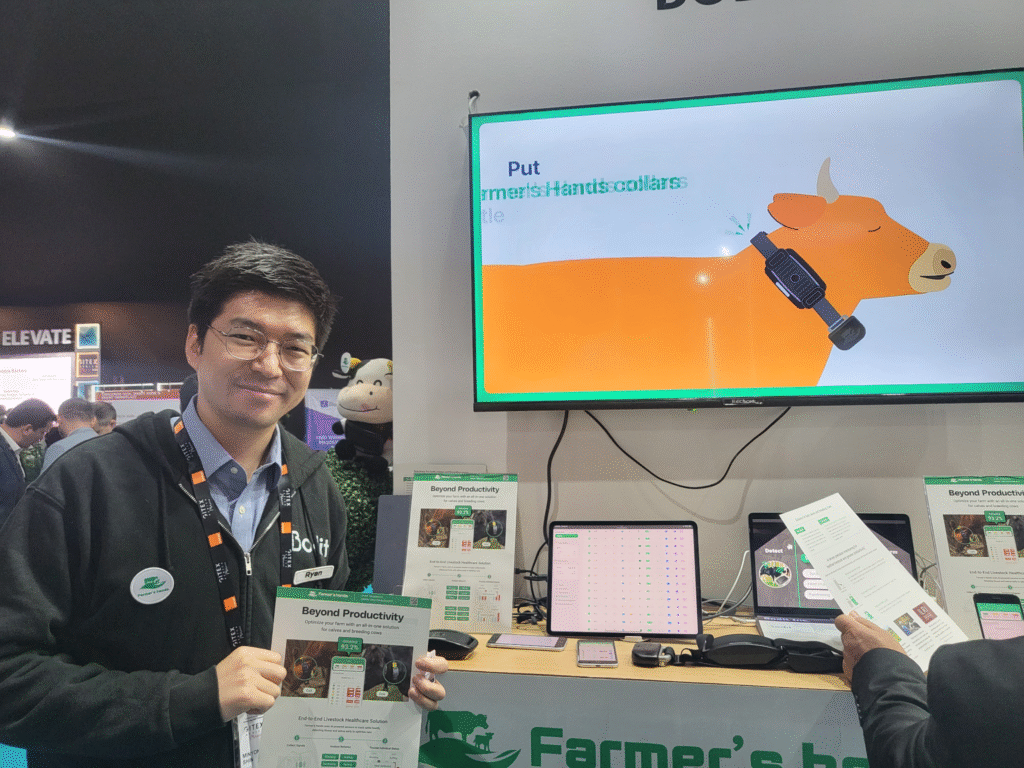When Korea co-innovates with Africa : towards inclusive, tailored Tech
As Africa confirms its status as a land of innovation, the real challenge remains access to cutting-edge technology and funding. Co-innovation, which consists of jointly developing solutions by combining expertise and local contexts, emerges as a powerful lever. A pioneering example is the program led by the Korea-Africa Foundation (KAF), which relies on collective intelligence to meet African needs while opening new markets to Korean startups.
Africa is innovating, but to turn this momentum into sustainable development, the African tech ecosystem must embrace co-innovation. This collaborative approach, based on partnerships between African and international structures, enables the development of solutions better suited to local realities while valuing respective expertise.
How can Korean technology accelerate Africa’s transformation? The answer has been taking shape over the past three years through the Korea-Africa Foundation (KAF), a government-affiliated body under Korea’s Ministry of Foreign Affairs, dedicated to strengthening Korea-Africa cooperation.
For the past three years, in partnership with PEN Ventures and IMPACT Lab, KAF has supported Korean startups at GITEX Africa, considered a strategic gateway to the continent. The goal: facilitate the deployment and adaptation of Korean tech to African needs through business matching, mentoring, and acceleration programs.
“This year, we’re focusing on transformative solutions and strategic partnerships to shape Africa’s digital future
“Morocco has established itself as a major innovation hub. Since 2023, we have supported 28 Korean startups at GITEX Africa. This year, we’re focusing on transformative solutions and strategic partnerships to shape Africa’s digital future,” explains Jongkil Lee.
These startups must adapt their solutions to Africa’s realities — users, context, budgets. That’s where local support is crucial
A concrete example? Bodit, a startup specializing in animal behavior analysis, offers smart sensors to improve livestock health and productivity. “Thanks to our technology, the mortality rate in some farms dropped from 32% to 0.6%. That’s not a miracle — that’s data,” explains founder Ryan Shin.
Beyond deploying foreign technologies, co-innovation creates shared value: African startups benefit from knowledge transfer, resources, and funding, while Korean startups access new markets and develop globally relevant solutions rooted in local realities.

Without local collaboration, a startup cannot succeed in Africa — no matter how good the technology is
“Without local collaboration, a startup cannot succeed in Africa — no matter how good the technology is,” insists Jongkil Lee. That’s why KAF plans to go further by also supporting African startups with Korean funding, creating concrete synergies.
A real-life example of this mutual benefit: South Korean startup H2O Hospitality, supported this year by KAF, is already exploring long-term deployment in Morocco’s smart tourism sector, in partnership with local actors.
On the sidelines of GITEX Africa 2025, H2O Hospitality signed a strategic agreement with Moroccan Wi-Fi solutions provider OMNIUP to launch a digital travel guide service at Mohammed V International Airport in Casablanca. Through this collaboration, travelers connecting to the airport’s Wi-Fi will have automatic access to H2O’s smart web app “H2O SpotOn”, which offers real-time information on flights, gate changes, services, shops, VIP lounges, hotels, and more. If the initial rollout proves successful, the service could expand to other major airports in Morocco and across the African continent. A concrete example of the power and potential of co-innovation.






